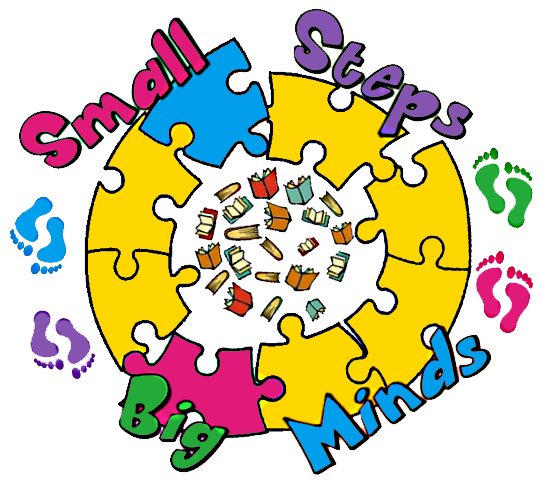What is sensory play?
So first, what is sensory play? Sensory play is an activity that stimulates a child’s senses. When we think of senses we think of the five main ones: touch, smell, taste, hear and see, however, balance and body awareness are senses we often are unaware off.
Research informs us that children learn better when using many senses at the same time, this is known as whole body learning.
Why is sensory play important for development?
Sensory play enables children to use senses (tasting, feeling, seeing, hearing, smelling) to understand the world. It is significant to brain development as it strengthens sensory related synapses and functions. Synapses are developed and moulded dependent on life experiences (experience dependent plasticity/neuroplasticity).
Neuroplasticity – the ability of the brain to form and reorganise synaptic connections, especially in response to learning or experience or following injury.
Sensory activities which children can be exposed to are important for the brain to develop appropriate sensory processing abilities which develop at a critical stage usually within the early years.
Sensory processing – the way the brain obtains, organises and responds to sensory involvement, for the purpose of behaving in an eloquent and stable way.
Individuals on the autism spectrum can have difficulties processing sensory information. Some can seem highly sensitive (hyper-sensitive) to sound, sight or touch. This can cause anxiety, stress and as a consequence may result in withdrawal, meltdown or challenging behaviours. On the other hand, others may seem completely oblivious (hypo-sensitive).
Therapies that can help a child manage sensory processing difficulties include; occupational therapy which involves physical activities and cognitive behavioural therapy (CBT) which can gradually increase tolerance to overwhelming sensory experiences.
Sensory play can help to build cognitive skills, these are some:
Perception the ability to see, hear, or become aware of something through the senses
Attention notice taken of someone or something; the regarding of someone or something as interesting or important
Memory the faculty by which the mind stores and remembers information
Visual and spacial processing the ability to tell where objects are in space
Did we mention the benefit of language development? Sensory play can provide opportunity to initiate conversation in order to learn about their world. It can encourage the development of thoughts, feelings and comparisons through initiation of conversation.
Sensory play ideas:
- Scented rice – you will need dried, uncooked rice, scents such as rosemary, lavender and mint. Essential oils can also be used.
- Homemade musical instruments
- Handprint painting
- Coloured spaghetti – you will need spaghetti and food colouring or paint. To adapt this activity, you could use objects of child’s interest such as toy farm animals to hide in the spaghetti
- Play dough cupcakes – you will need play dough, cupcake cases, pompoms, teddies.
